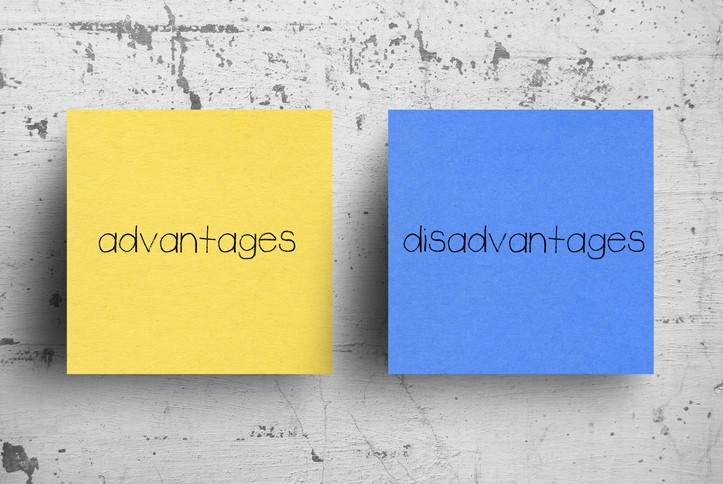Thinking about obtaining a credit card? Doing so could help you spread the cost of purchases, while offering purchase protection compared to other forms of payment. Furthermore, credit cards can help to reduce existing interest payments while offering rewards and cashback in some instances.
Equally, though, credit cards have a number of disadvantages: you may end up paying interest on any debt, there may be additional fees for using the card in certain circumstances, and the card may have limited use in some situations.
It is therefore worth considering the pros and cons of having a credit card. Here’s how to do just that.
Advantages of credit cards
One of the key advantages of a credit card is the ability to spread the cost of a purchase. It is possible to buy goods or services and not pay for them immediately, which can help improve a consumer’s financial flexibility. This is in contrast to a debit card, where the funds must be in an individual’s current account in order to make a transaction.
Credit cards also offer greater consumer protection than other forms of payment. Should the goods or service cost more than £100, paying for any part of the purchase on a credit card means it is covered by Section 75 of the Consumer Credit Act. This legislation states that a credit card company is jointly liable with a retailer in the event that there is a problem with a purchase. Examples of this could be faulty goods or the failure to deliver a service as described.
A number of credit cards offer rewards or cashback, which are accrued when a credit card is used and may allow consumers to maximise the benefits they receive on their everyday spending.
Balance transfer credit cards could help people with existing debt to reduce the amount of interest they pay. While there may be a balance transfer fee, a lower rate of interest, which can be as low as 0%, may help to improve an individual’s financial prospects.
Disadvantages of credit cards
Since credit cards are a form of debt, they can pose risks if not managed effectively. If the balance is not repaid in full each month, interest charges are levied. Interest costs can be much higher than for other forms of debt such as a mortgage or personal loan, and may mean that it becomes more difficult to repay the original balance as interest costs mount up over time.
Credit cards also have limited usefulness in some scenarios, for example if an individual requires cash. Interest is usually charged on cash withdrawals using a credit card. There may also be a fee to pay for using a cash machine with a credit card.
Some credit cards also charge additional fees for use abroad. A non-sterling transaction fee is commonplace across the credit card industry, and is applicable to any payment in a currency other than sterling. Travel credit cards often have lower fees for foreign usage, but may have high rates of interest compared with non-travel credit cards.
Is a credit card right for you?
Credit cards can be a useful method of payment in some situations. The protection they provide versus other forms of payment and the financial flexibility they offer could make them a good idea for many consumers. Similarly, rewards and cashback can be surprisingly high over the long run.
However, credit cards require careful management. It is all too easy to overextend yourself in terms of the amount of debt that is built up. This can lead to high interest costs. As a result, it is worth considering your own financial situation and attitude towards budgeting before applying for a credit card.







